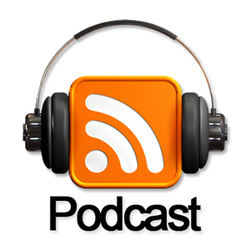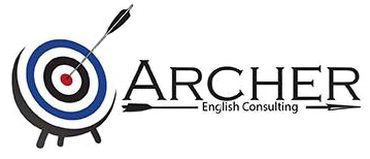
Below you can find the rubric that I use for the project.
Objectives: teamwork experience, long-term & short-term time management/goal setting experience, understanding the importance of identifying a target audience and their needs, selecting appropriate content for a target audience, familiarity with relevant technology, advertising/promotion experience, recycling of presentation skills, and practical, task-based English practice.
Per episode
____ Did the episode(s) match the time requirements?
____ Spoke at an appropriate volume and speed
____ Appropriate language used/pronunciation understandable
____ Showed energy and enthusiasm
____ Appropriate episode introductions and conclusions
____ Segments were utilized
____ Appropriate teamwork
Overall
____ Was it designed with a target audience in mind?
____ Did the podcast format and content match the target audience?
____ Podcast could be sustained
____ Effective in terms of entertainment or education
____ Team made appropriate promotion plan (attractive and clear title, keywords for searching, target
listener description, marketing ideas, goal for hits)
____ Goals were met for number of hits
It wouldn't be fair of me to ask my students to undertake a project that I didn't have experience with myself. Before they begin I direct them to my podcasts: TEAK (Teaching English at KAIST) and Around the Carillon.
Students' podcast examples can be found here.

 RSS Feed
RSS Feed